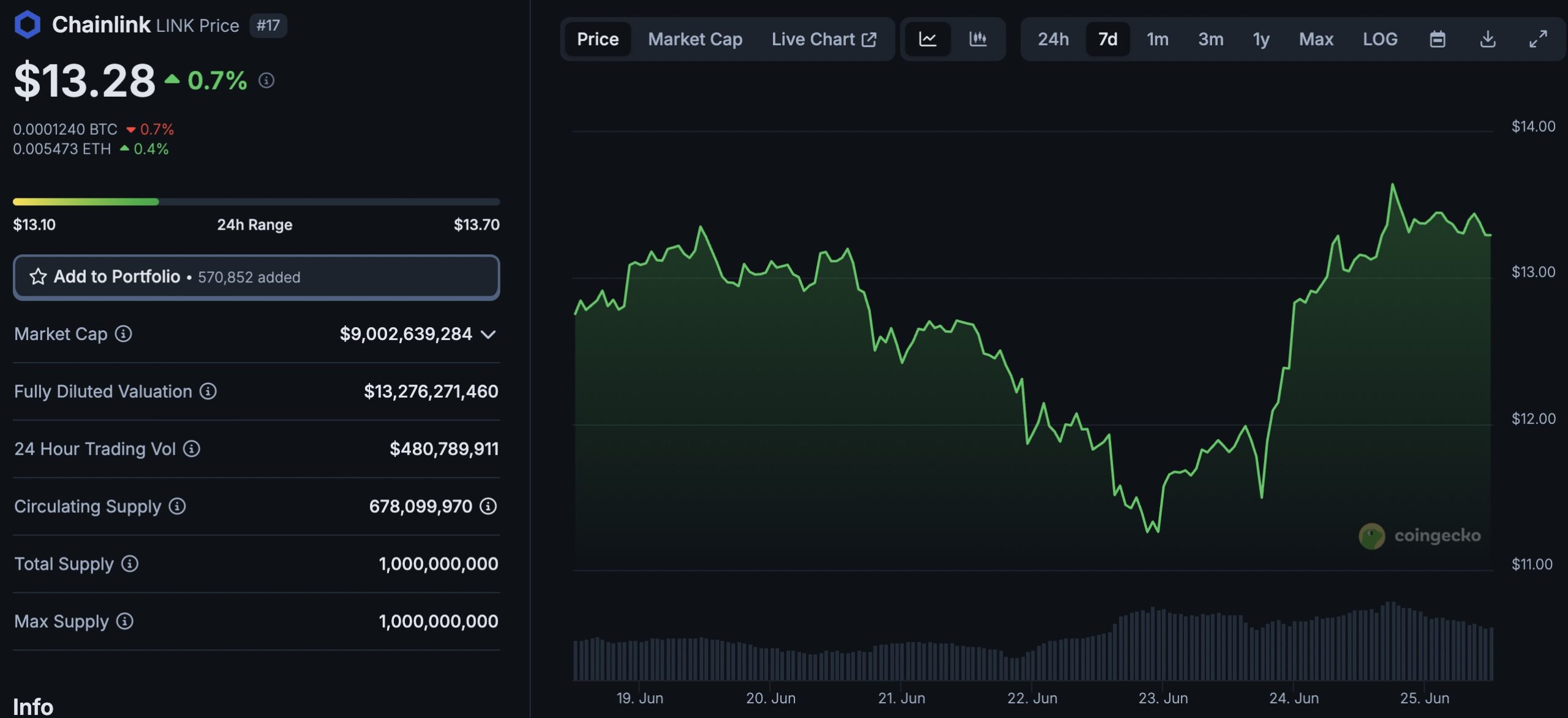25.06.2025 15:02
Widespread internet disruptions have crippled Kenya, coinciding with the June 25th protests, the largest in the nation's history. Authorities, attempting to quell communication surrounding the demonstrations, have implemented measures resulting in significant service limitations. These actions mark a continuation of similar tactics employed during last year's anti-government rallies against the Finance Bill 2024.
Specifically, several internet service providers (ISPs) have targeted the messaging app Telegram, restricting access to both its mobile application and website. This information comes from reports gathered by various sources, including social media, network monitoring groups, and digital rights organizations. Real-time data from NetBlocks and the Open Observatory of Network Interference (OONI) confirm these restrictions.
Detailed analysis reveals the extent of these disruptions. A network measurement by NetBlocks at 11:50 AM UTC on Safaricom Limited (AS33771) showed that access to Telegram was severely limited, resulting in generic timeout errors. Similarly, Faiba (JTL) and Liquid Telecom experienced near-total outages of Telegram's web interface and link shortener functionalities, as reported by NetBlocks. While Safaricom exhibited some limited reachability (10-14%), suggesting possible throttling instead of a complete shutdown, the impact on communication remains significant. Independent verification by Tatua Center further corroborated these findings, highlighting the widespread nature of the restrictions.
The government's actions, including a ban on live media coverage of the protests, underscore concerns about a potential broader internet shutdown. These restrictions on Telegram, documented by both NetBlocks and Tatua Center through real-time data and OONI probe tests, represent a significant challenge to freedom of expression and access to information amidst widespread civil unrest in Kenya. The situation highlights the precarious balance between maintaining order and upholding fundamental digital rights during times of political tension.










